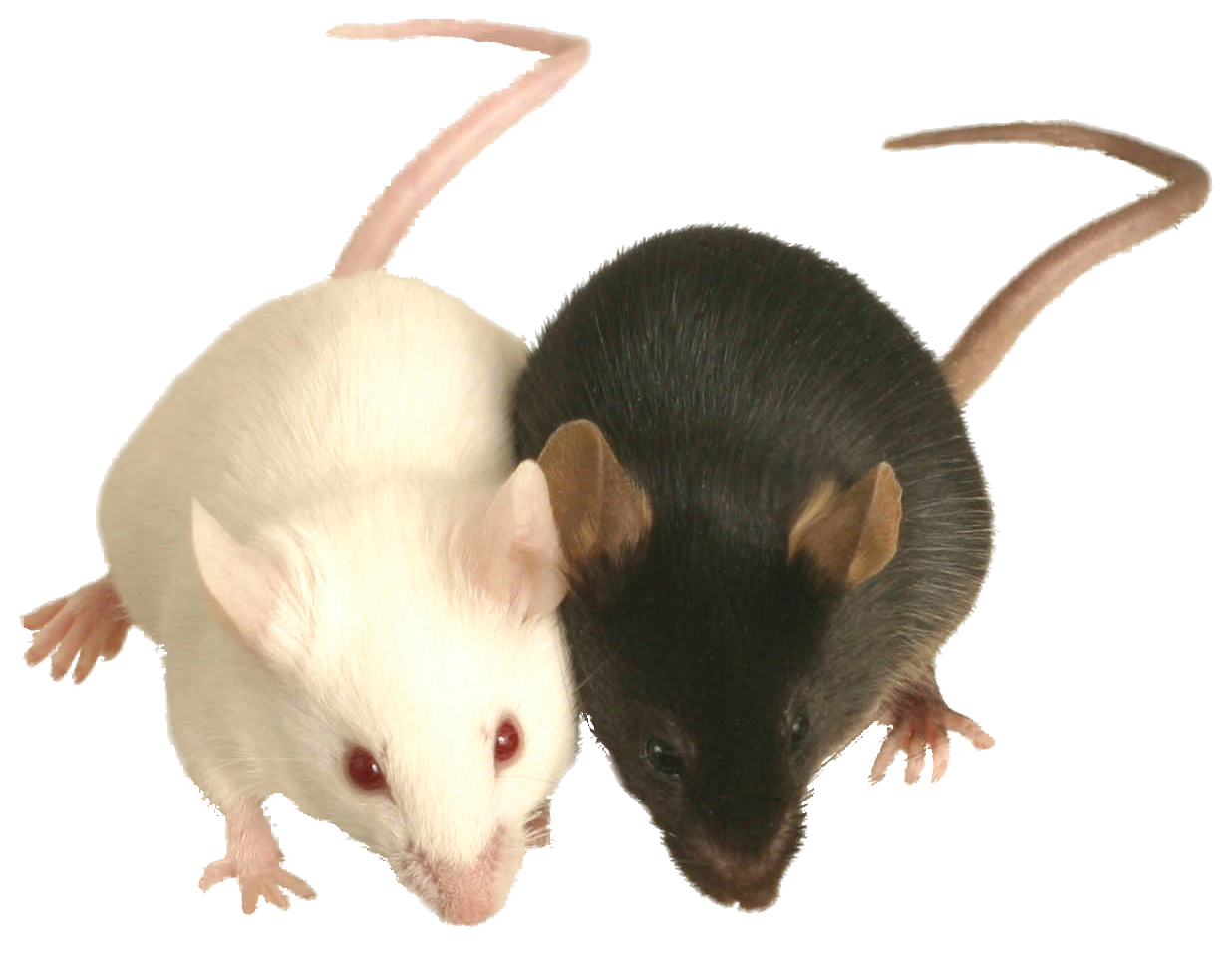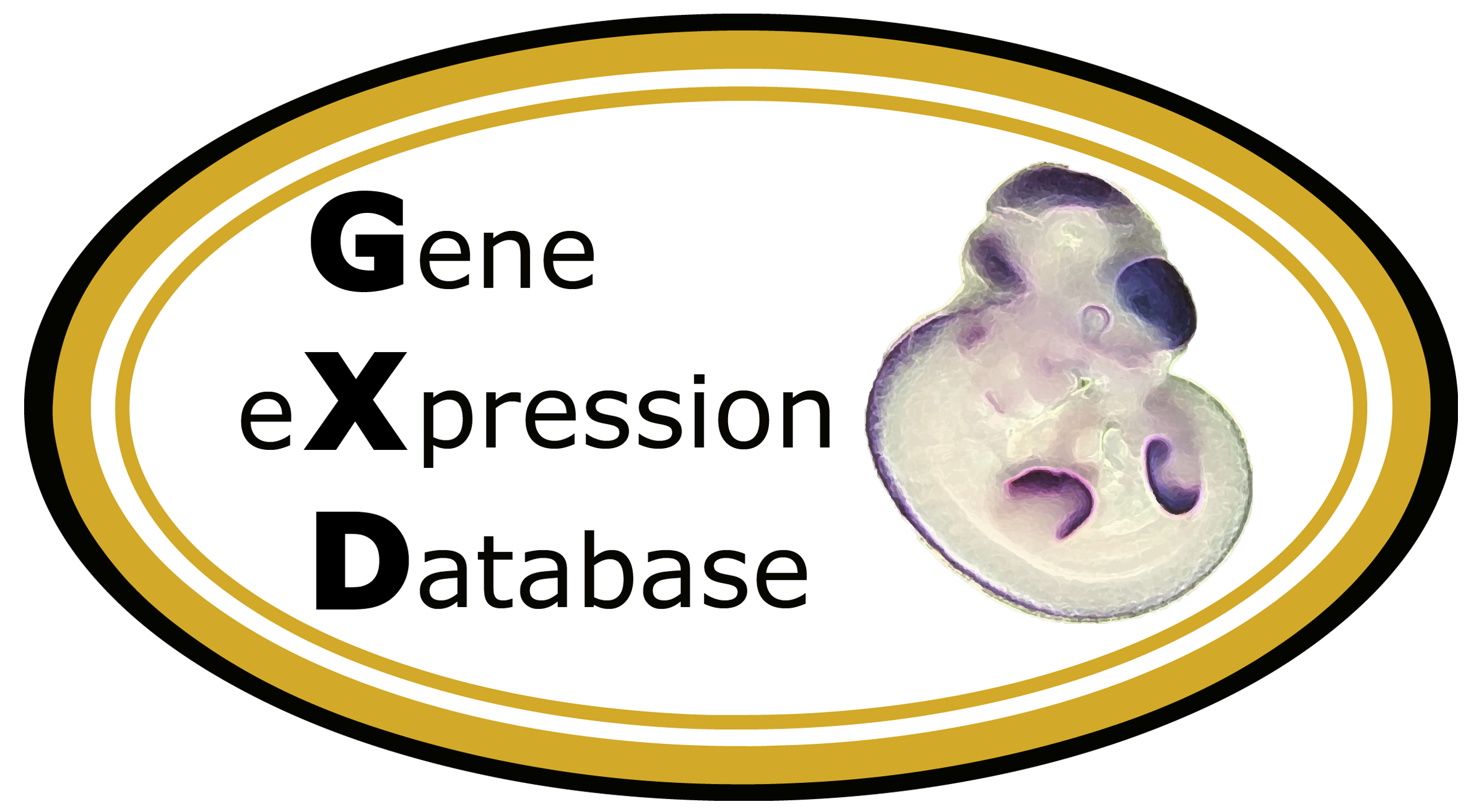|
Papg1 |
Chr4, 47.21 cM |
Chr4:102781167-102781279 |
J:78525 |
Microarray gene expression analysis was used to identify candidate genes for tumor resistant and tumor susceptibility QTLs Par8,2,3,4 and and Pas1-4, respectively. Transcripts found within the flanking markers of each QTL were identified and matched to transcripts from Affymetrix probe sets. RNA from A/J, BALB/cJ, C57BL/6J, and SM/J were used for analysis.
Pas1 is located between 48.2 cM and 75 cM on mouse Chromosome 6 and was identified in a cross between A/J and C57BL/6J. Candidate oncogenic genes identified by microarray analysis are hes related protein (**Note- this gene is not found in MGD), Ppih (cyclophilin H **Note-this gene is positioned on mouse Chromosome 4 in MGD), Ptpro, Mglap, Recql, and Bcat1 (ECA39). Other candidate genes identified via differential expression are Ccnd2 (cyclin D2) and high mobility group protein 2A,4 (**Note-this gene is not found in MGD). K-ras, a positional candidate gene, did not show significantly different expression between A/J and C57BL/6J.
Pas2 is located between 17 cMand 23.2 cM on mouse Chromosome 17 and was identified in crosses involving A/J and C57BL/6J. Candidate oncogenic genes identified by microarray analysis are Notch4, Hnrpk (**Note-this gene is positioned on mouse Chromosome 13 in MGD), and Enpp4. Other candidate genes identified via differential expression are Cdc5l, Tapbp (tapasin), H2-Ke2, Rbx1 (regulator of cullins 1 **Note- this gene is found on mouse Chromosome 15 in MGD), Psors1c2, H2-Ke6, and H2-M9. Positional candidate genes Tnf (Tnfa) and Lta (Tnfb) did not show significantly different expression between A/J and C57BL/6J.
Pas3 is located between 2 cM and 25 cM on mouse Chromosome 19 and was identified in a cross between A/J and C57BL/6J. Candidate oncogenic genes identified by microarray analysis are golgi specific Gbf1 (brefeldin A resistance factor 1) and Sema4g. Other candidate genes identified via differential expression are Pdcd4, Adrb1, and Cdc25l.
Pas4 is located between 42 cM and 72 cM on mouse Chromosome 9 and was identified in a cross between A/J and C57BL/6J. Candidate oncogenic genes identified by microarray analysis are Nck1, Pthr1, and Topbp1. Candidate tumor suppressor genes for Pas4 are G protein alpha I 2 (**Note-this gene is not found in MGD), Cdk5 (**Note-this gene is positioned on mouse Chromosome 5 in MGD), Smarcd3 (**Note-this gene is positioned on mouse Chromosome 5 in MGD), and Nckipsd. Another candidate gene identified via differential expression is Stag1.
Par1 is located between 37 cM and 59 cM on mouse Chromosome 11 and was identified in a cross between A/J and SM/J. Candidate oncogenic genes identified by microarray analysis are Alox12 (12-lipoxygenase), Zfp617 (zinc finger protein s11-6), Grn, and Rpl29 (**Note-this gene is positioned on mouse Chromosome 9 in MGD). A tumor suppressor candidate gene for Par1 is Spop.
02.05.2016 Curator Note: Becasue Par1 was originally mapped in J:32079 using an (A/J x M. spretus) x C57BL/6J interspecific backcross, which differs from the cross used here, we have equated this QTL with Par8 which was mapped using A/J and SM/J mice, see J:41849.
Par2 is located between 32 cM and 57 cM on mouse Chromosome 18 and was identified in a cross between A/J and BALB/cJ. Candidate oncogenic genes identified by microarray analysis are Adrb2, Mbd2, Htr4, Hmgb1-rs12, and Iigp1. Dcc is an expected candidate gene of Par2 but its expression pattern (A/J=high expression) is not consistent with its effect on tumor resistance/susceptibility. Mc2r is another candidate gene identified via differential gene expression between A/J and SM/J.
Par3 is located between 13 cM and 44 cM on mouse Chromosome 12 and was identified in a cross between A/J and SM/J. Only one candidate oncogenic gene was identified for Par3. This is placental growth factor, Pgf.
Par4 is located between 10.6 cM and 42.5 cM on mouse Chromosome 4 and was identified in a cross between A/J and BALB/cJ. Candidate tumor suppressor genes identified via differential gene expression are Cdkn2a, Egfl5, Ambp (bikunin), Pole3, Tyrp1, Ifnab, and Igfbpl1.Candidate oncogenes are T complex protein 1 alpha (**Note-this gene is not found in MGD) and Stmn1. Another candidate gene identified via differential expression between A/J and SM/J is Ptprd.
|
 Analysis Tools
Analysis Tools




